mGluR5
Recent articles
In deep water with Gül Dölen
A researcher's existential crisis led to a scientific breakthrough.

In deep water with Gül Dölen
A researcher's existential crisis led to a scientific breakthrough.
Plethora of protein-making machines in neurons may underlie fragile X
An overabundance of ribosomes drives an imbalance of proteins produced from long and short genetic transcripts in a mouse model of fragile X syndrome.
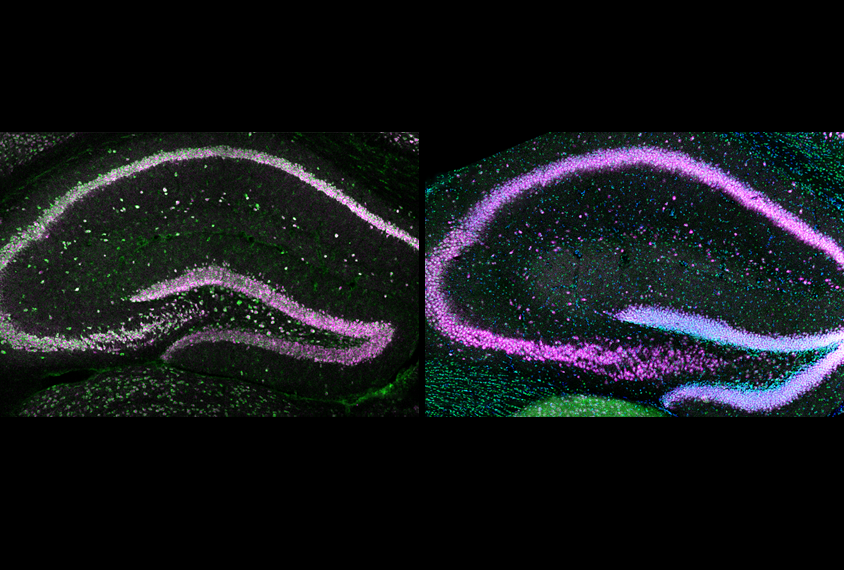
Plethora of protein-making machines in neurons may underlie fragile X
An overabundance of ribosomes drives an imbalance of proteins produced from long and short genetic transcripts in a mouse model of fragile X syndrome.
Fragile X theory falters on amygdala test
Activating certain receptors in the amygdala — a treatment that runs counter to a leading theory of what causes the condition — can reverse some traits in rats.
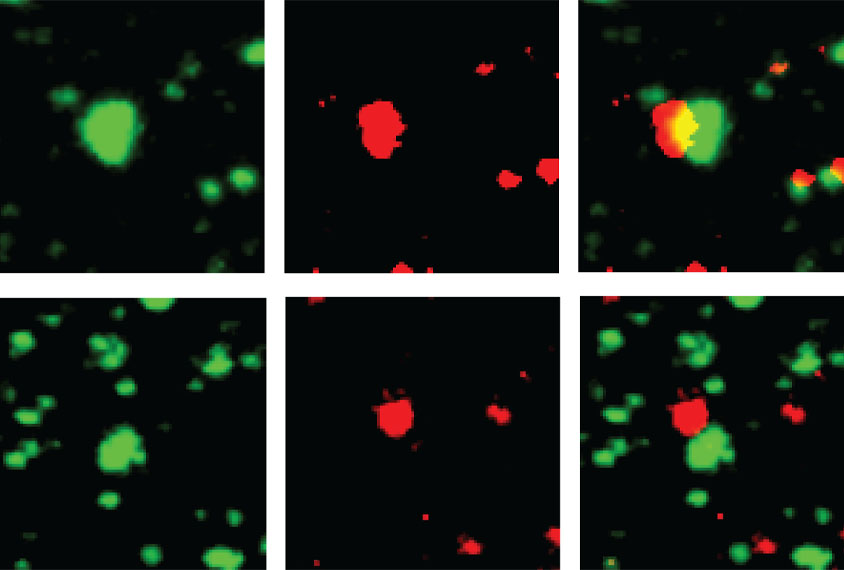
Fragile X theory falters on amygdala test
Activating certain receptors in the amygdala — a treatment that runs counter to a leading theory of what causes the condition — can reverse some traits in rats.
Elizabeth Berry-Kravis: Running a marathon for fragile X syndrome
Elizabeth Berry-Kravis has spent decades uncovering molecular clues to fragile X syndrome and crafting trials of treatments. Her efforts are paying off.

Elizabeth Berry-Kravis: Running a marathon for fragile X syndrome
Elizabeth Berry-Kravis has spent decades uncovering molecular clues to fragile X syndrome and crafting trials of treatments. Her efforts are paying off.
Fragile X researcher takes on COVID-19
Cara Westmark has spent the past year building the case that a drug designed for fragile X syndrome might help coronavirus patients, too.
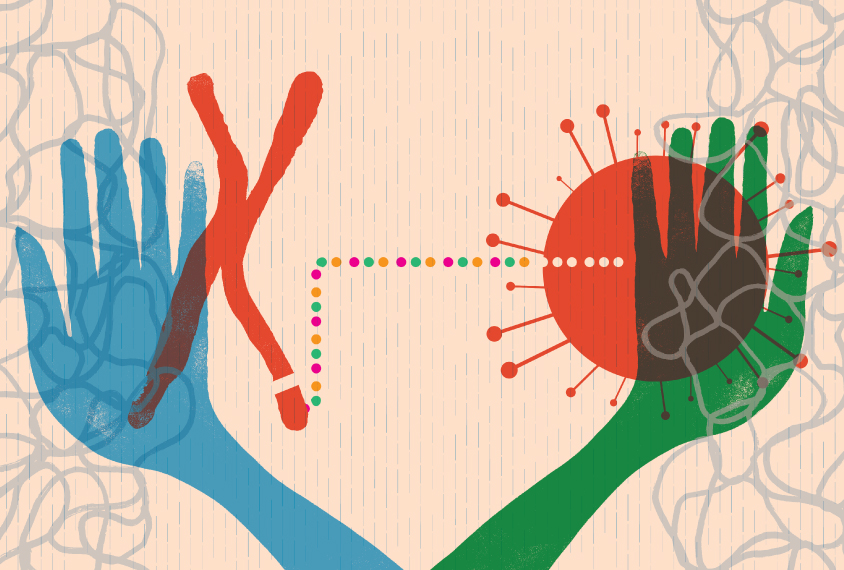
Fragile X researcher takes on COVID-19
Cara Westmark has spent the past year building the case that a drug designed for fragile X syndrome might help coronavirus patients, too.
A quest for Quincy: Gene therapies come of age for some forms of autism
A gene therapy for Angelman syndrome stands at the forefront of efforts to treat autism-linked conditions that stem from single genes.
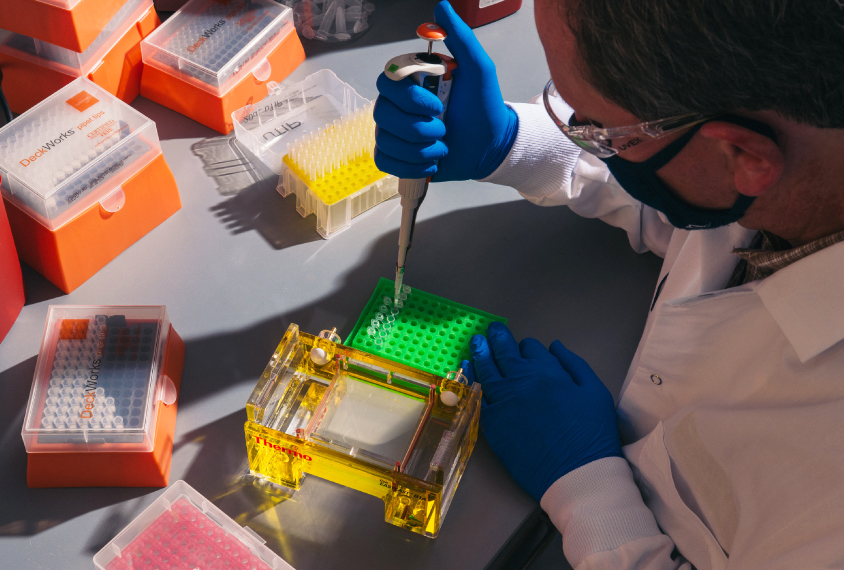
A quest for Quincy: Gene therapies come of age for some forms of autism
A gene therapy for Angelman syndrome stands at the forefront of efforts to treat autism-linked conditions that stem from single genes.
Mouse study hints at why fragile X drugs fail in trials
Drug after drug has failed in clinical trials for fragile X syndrome. A new study provides an explanation — a decrease in the drugs’ effectiveness over time — and points to a new strategy that could circumvent this problem.
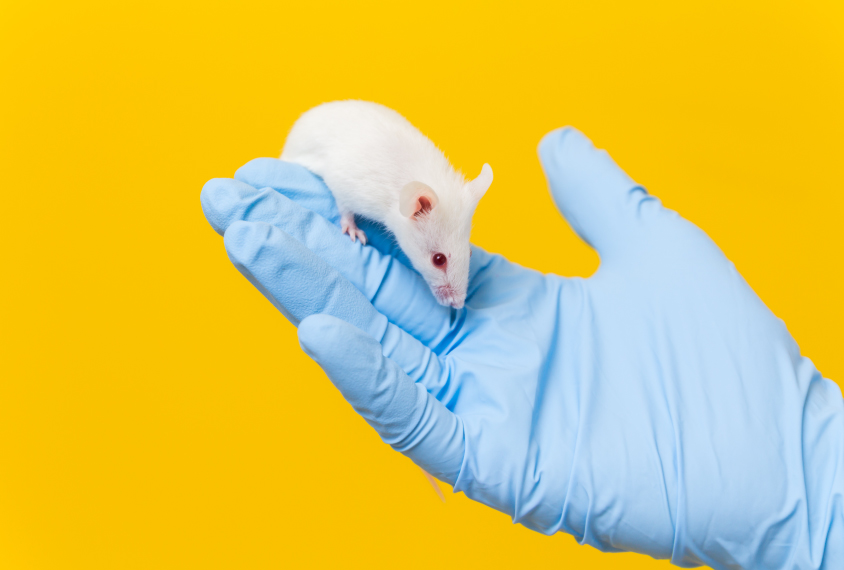
Mouse study hints at why fragile X drugs fail in trials
Drug after drug has failed in clinical trials for fragile X syndrome. A new study provides an explanation — a decrease in the drugs’ effectiveness over time — and points to a new strategy that could circumvent this problem.
Fragile X syndrome’s link to autism, explained
Fragile X syndrome is a leading genetic cause of autism. People who have either condition often share certain traits, such as difficulties in social situations.
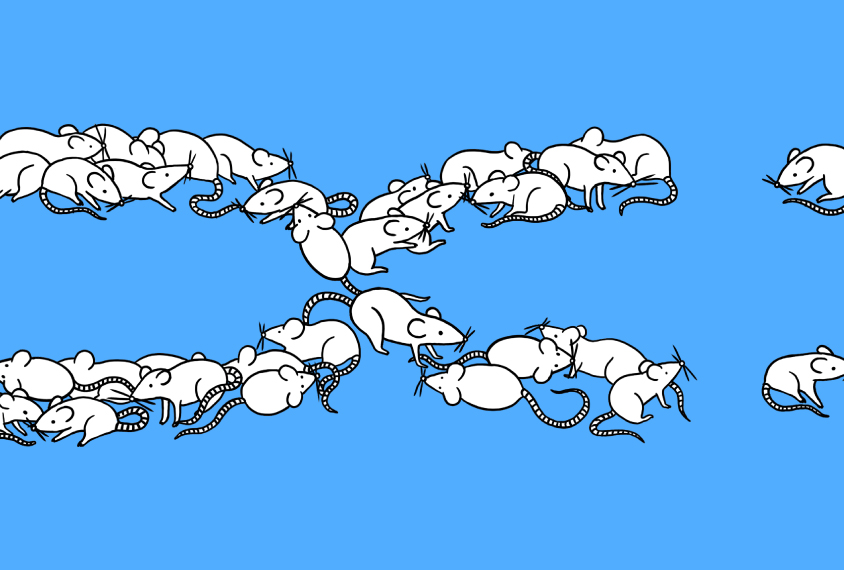
Fragile X syndrome’s link to autism, explained
Fragile X syndrome is a leading genetic cause of autism. People who have either condition often share certain traits, such as difficulties in social situations.
Newly discovered aspects of fragile X spur next wave of drugs
Many drugs for fragile X syndrome have failed in large clinical trials, but candidates that target new aspects of the condition may fare better.

Newly discovered aspects of fragile X spur next wave of drugs
Many drugs for fragile X syndrome have failed in large clinical trials, but candidates that target new aspects of the condition may fare better.
Smart genes; Neanderthal mini-brains; diabetes link and more
Autism and intelligence share genetic variants, researchers grow Neanderthal mini-brains and see overlap with autism, and maternal diabetes is an autism risk factor.
Smart genes; Neanderthal mini-brains; diabetes link and more
Autism and intelligence share genetic variants, researchers grow Neanderthal mini-brains and see overlap with autism, and maternal diabetes is an autism risk factor.
Explore more from The Transmitter
Expediting clinical trials for profound autism: Q&A with Matthew State
Aligning Research to Impact Autism, a new initiative funded by the Sergey Brin Family Foundation, wants to bring basic science discoveries to the clinic faster.

Expediting clinical trials for profound autism: Q&A with Matthew State
Aligning Research to Impact Autism, a new initiative funded by the Sergey Brin Family Foundation, wants to bring basic science discoveries to the clinic faster.
This paper changed my life: Shane Liddelow on two papers that upended astrocyte research
A game-changing cell culture method developed in Ben Barres’ lab completely transformed the way we study astrocytes and helped me build a career studying their reactive substates.

This paper changed my life: Shane Liddelow on two papers that upended astrocyte research
A game-changing cell culture method developed in Ben Barres’ lab completely transformed the way we study astrocytes and helped me build a career studying their reactive substates.
Dean Buonomano explores the concept of time in neuroscience and physics
He outlines why he thinks integrated information theory is unscientific and discusses how timing is a fundamental computation in brains.
Dean Buonomano explores the concept of time in neuroscience and physics
He outlines why he thinks integrated information theory is unscientific and discusses how timing is a fundamental computation in brains.